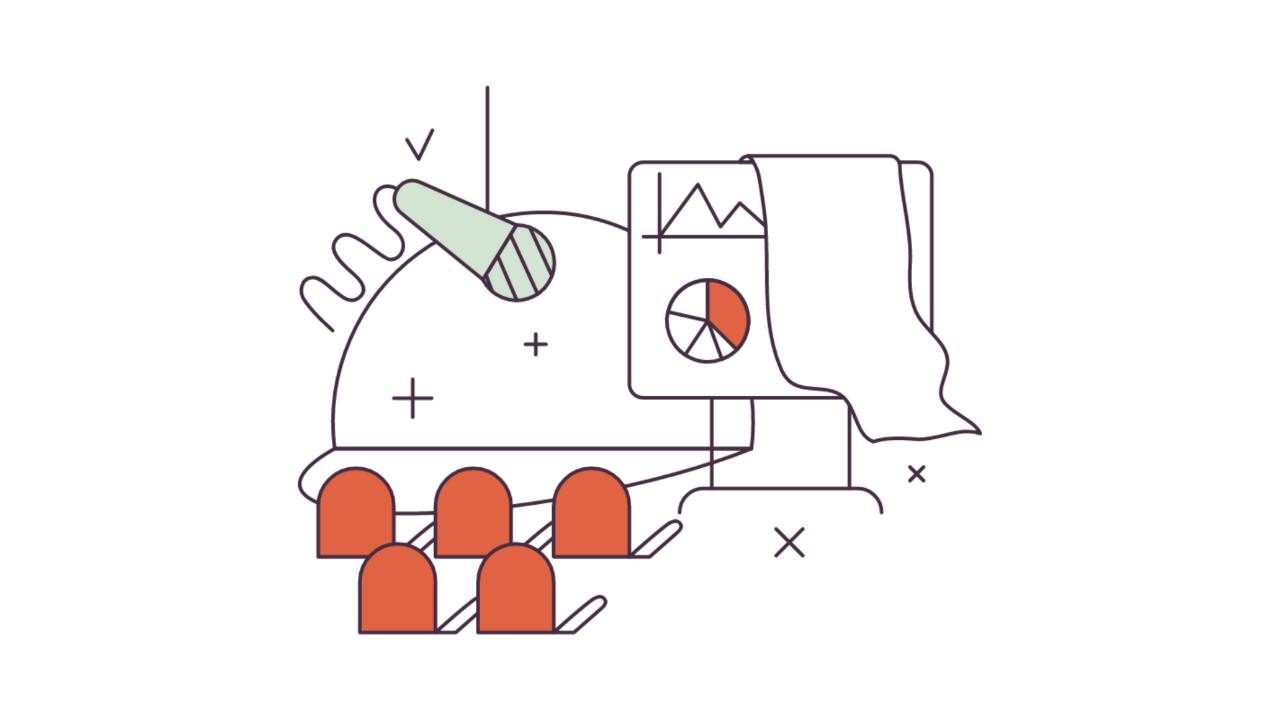Navigating Values Collision Without Casualties
Values don’t always line up neatly. Sometimes they crash into each other in ways we can’t predict, and suddenly the path forward doesn’t feel like a choice at all.
The different ways it shows up
For some of you, that’s meant staying in a role long after it felt aligned, out of loyalty to the mission, responsibility for your team, or the simple reality of needing a paycheck.
For others, it’s meant being made redundant, cut loose before you were ready, even though you still had so much to contribute.
Different circumstances, but the same sting: a collision between what you care about and what the system is ready (or able) to hold.
Why it feels so personal
A values collision isn’t just a work event, it’s a body event.
It shows up in the tightness in your chest before another meeting.
In the grief of not getting to finish what you started.
In the guilt of walking away, or the shame of not being chosen to stay.
That’s why these moments feel heavier than a contract change. They touch your identity, your sense of belonging, and sometimes even your purpose. It’s not just disruption, it’s heartbreak.
What helps in the middle of it all
I’ve seen leaders navigate values collisions in ways that soften the toll. A few that stand out:
-
Call it what it is
When you name a values collision out loud, you shift the focus away from “What’s wrong with me?” to “This is bigger than me.” -
Protect your self-worth
Whether you stayed, left, or were pushed out, none of it is a verdict on your capacity or contribution. It’s a response to a system in transition. -
Give yourself closure
If the organisation doesn’t mark your ending, you can. Write your own acknowledgment. Share stories with trusted peers. Hold a small ritual that honours what you gave.
The gift inside the collision
In the moment, it can feel like pure loss. Not just a collision, but heartbreak, the kind that comes when care and commitment meet a system that can’t hold them.
And yet, collisions can also sharpen clarity. They force the question: What do I stand for now?
The answers you uncover don’t just guide your next role. They shape the kind of leader you want to be, wherever you land next.
|
|||||||
|








Responses